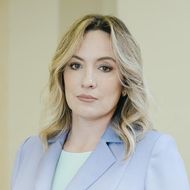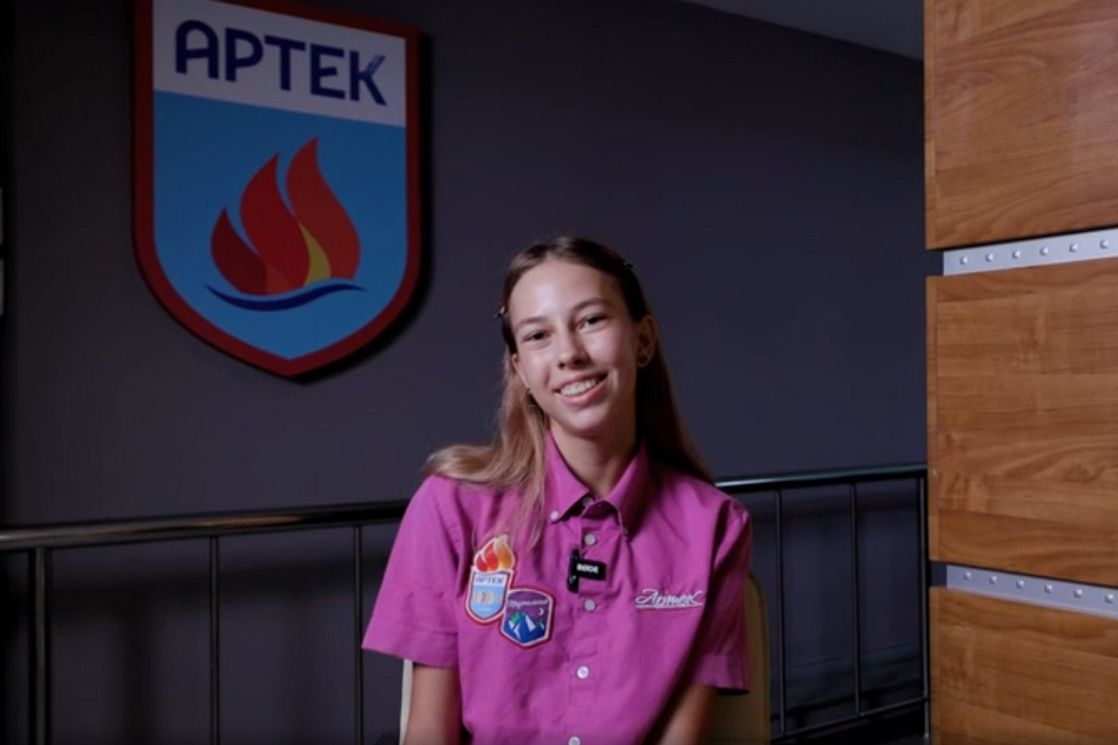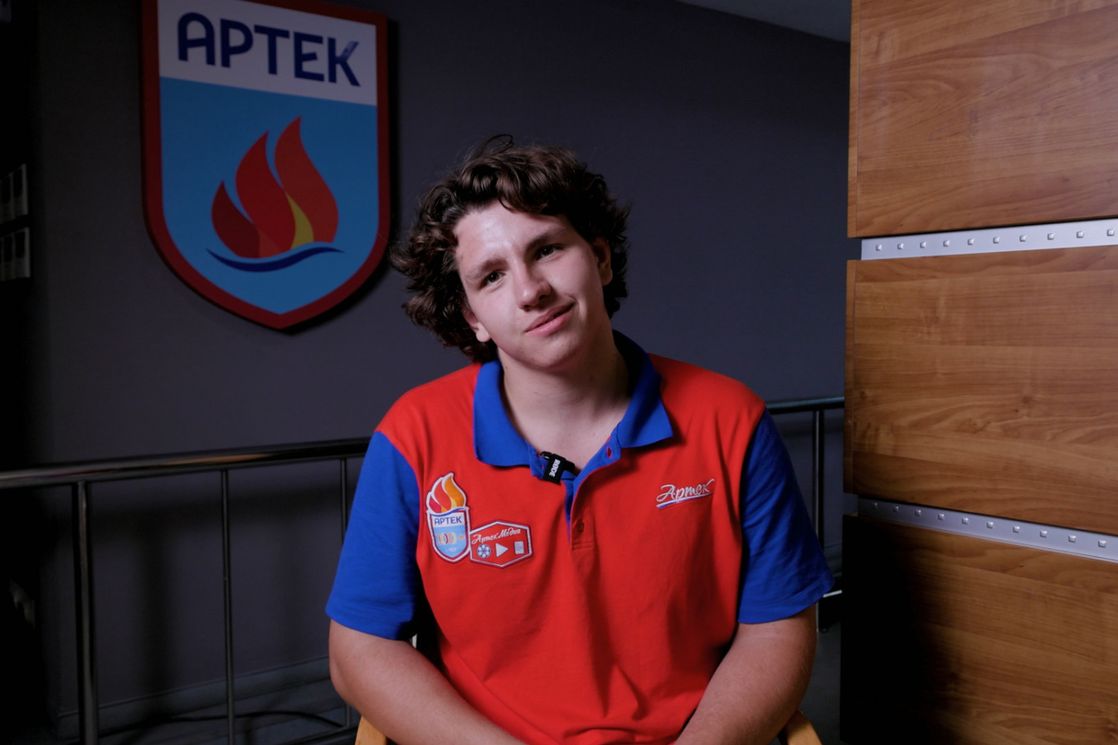HSE Launches Training for Future BRICS Experts
From August 20–23, 2025, the Artek International Children’s Centre (Crimea, Russia) hosted an off-site session of HSE University’s educational and outreach project BRICS International School: New Generation. The school was the first event to take place under the cooperation agreement signed this year between HSE University and Artek.
For HSE, this project is not only a contribution to the development of the educational and scientific dimensions of BRICS, but also an opportunity to nurture future researchers from an early age.
Over the course of four days, 160 school students aged 12 to 17 from various regions of Russia and abroad explored the history and culture of the BRICS countries. The programme featured lectures, educational games and quizzes, creative workshops, and role-play negotiations. On the very first day, participants tried their hand at an intellectual game, took part in an interactive BRICS quiz on the geography, languages, and traditions of the member states, and made friendship bracelets in a workshop, symbolising unity among peoples.
A special highlight of the programme was the BRICS Model business game. Divided into teams, Artek students reproduced the workflow of a BRICS summit, including negotiations, compromise-seeking and drafting a joint declaration. The outcome was the Gurzuf Declaration, addressed to the leaders of the BRICS countries. In this message, the future BRICSologists call for equal access to quality education for children around the world.
According to Victoria Panova, HSE Vice Rector and Head of the BRICS Expert Council–Russia, the BRICS International School: New Generation is not just an educational project but also a platform for building a community of young leaders.

Victoria Panova
‘The BRICS International School: New Generation is one of the most successful and promising youth formats. This year we held the school for children and teenagers under 18 for the first time in partnership with the Artek International Children’s Centre, which is celebrating its centenary in 2024! This is symbolic, since BRICS is future-oriented, and we strive to ensure that our children grow up and develop in a stable and safe world based on shared values,’ said Victoria Panova.
Participants noted that the school was not only an introduction to the theme of BRICS but also an opportunity to learn more about HSE University. Many expressed an interest in applying to HSE and in the opportunities it offers in the field of international studies.

‘This school was a wonderful experience. We learnt a lot of new things about the BRICS countries, joined intellectual games, and discussed serious issues that matter to the whole world. The friendship bracelet workshop was especially memorable—it showed that despite our differences, we have something that unites us. We also received gifts and souvenirs from HSE. Now I have HSE symbols, and I feel like I have become part of a major project,’ said Anna, one of the participants.

‘For me, this school was a real revelation. I realised how important it is to learn to negotiate and to see the world through the eyes of other countries. Finding out that the BRICS Expert Council–Russia is based at HSE, and that the university runs such projects, made me even more determined to study there. I want to connect my future with international research and become part of this movement,’ added Demyan, another participant.
The BRICS International School: New Generation is a flagship educational and outreach project of the BRICS Expert Council–Russia operating at HSE University. This autumn, the university’s Moscow campus will host the main programme of the BRICS International School: New Generation, which will bring together 100 young leaders aged 18 to 35 around the world.
See also:
HSE University Holds HSE CS × BRICS Ideathon
On November 9, 2025, the HSE CS × BRICS Ideathon—a large-scale intensive event for students aimed at developing international project skills and finding solutions to current challenges facing BRICS countries—took place at HSE University’s Pokrovsky Bulvar campus. The event was organised by the Multilateral Strategic Projects Office with the support of the BRICS Expert Council–Russia , the Faculty of Computer Science (FCS), and the HSE FCS Hackathon Club
The PROD Software Engineering Olympiad Goes International
The world’s first annual software engineering olympiad for secondary school students—PROD—is expanding internationally. Schoolchildren in grades 8–11 from around the world are invited to participate. For the first time, the competition will be held in both Russian and English. The organisers of the International PROD Olympiad are Central University and T-Technologies Group, the parent company of T-Bank, in partnership with the HSE Faculty of Computer Science.
‘To Help Make the World More Sustainable, Fair, and Humane’
The BRICS International School: New Generation has concluded at HSE University, bringing together more than 100 participants from 38 BRICS and Global South countries. The attendees included early-career researchers, diplomats, entrepreneurs, journalists, and civil society representatives.
‘Regulators Must Understand That Absolute Predictability is Unattainable’
On October 10–11, 2025, the BRICS Competition Law and Policy Centre at HSE University (the BRICS Centre) hosted a two-day international seminar, ‘Platform Economy: Competition Law and the Market Power of Digital Platforms,’ in Tashkent, Uzbekistan. The event brought together competition authorities from BRICS+ nations and leading antitrust experts from around the world.
Achieving Financial Independence: Experts Discuss Development of BRICS National Currency Settlements
How can BRICS countries move away from the dollar in international settlements, and what can they do to advance this goal today? These questions were discussed by experts during a round table at HSE University. The event was organised by the Multilateral Strategic Projects Office together with the HSE Faculty of World Economy and International Affairs as part of HSE’s activities within the BRICS Network University and the Joint Basic Research Projects ‘International Academic Cooperation of HSE University.’
Registration for Russian Olympiad in Artificial Intelligence 2025 Now Open
Registration for the fifth season of the Russian Olympiad in Artificial Intelligence has opened. This year, the competition has gained international status. The event is open to students in the 8–11 grades both in Russia and abroad. The winners will receive benefits when applying to Russian universities.
Experts from HSE University and BRICS Anti-Monopoly Authorities Analyse Global Grain Market
The International BRICS Competition Law and Policy Centre at HSE University presented the scientific report ‘From Fields to Futures: Competition, Financialisation, and Digitalisation in Global Grain Value Chains.’ The document was prepared as part of expert support from the BRICS Working Group on Competition Research in Food Markets. The presentation took place at the academic conference ‘Emerging Challenges of Competition Law and Policy in the BRICS and Beyond’ on September 12, 2025, in Cape Town (South Africa), which the BRICS Centre organised together with the University of Cape Town on the sidelines of the 9th BRICS International Competition Conference.
HSE University and University of Campinas Join Forces to Build Alternative Financial System
HSE University and the University of Campinas (UNICAMP, Brazil) have announced the launch of a major joint research project to develop new approaches to an alternative international financial system. The initiative, which brings together leading experts in global economics and finance, seeks to analyse the current state of international financial architecture and explore ways of transforming it in the context of a changing geopolitical landscape.
HSE University to Host BRICS International School: New Generation
Registration for the BRICS International School: New Generation, one of the leading international educational projects aimed at prospective leaders interested in the agenda of global development and cooperation within the framework of BRICS, has opened.
Experts Assess How BRICS Countries’ Education Systems Are Evolving
The BRICS Expert Council–Russia, based at HSE University and operating in collaboration with the HSE Institute of Education, has released an analytical report titled ‘The Transformation of General Education in BRICS Countries.’ The study explores how BRICS nations are addressing shared challenges, including equitable access to schooling, digital integration, support for inclusion, linguistic diversity, and intercultural dialogue.


